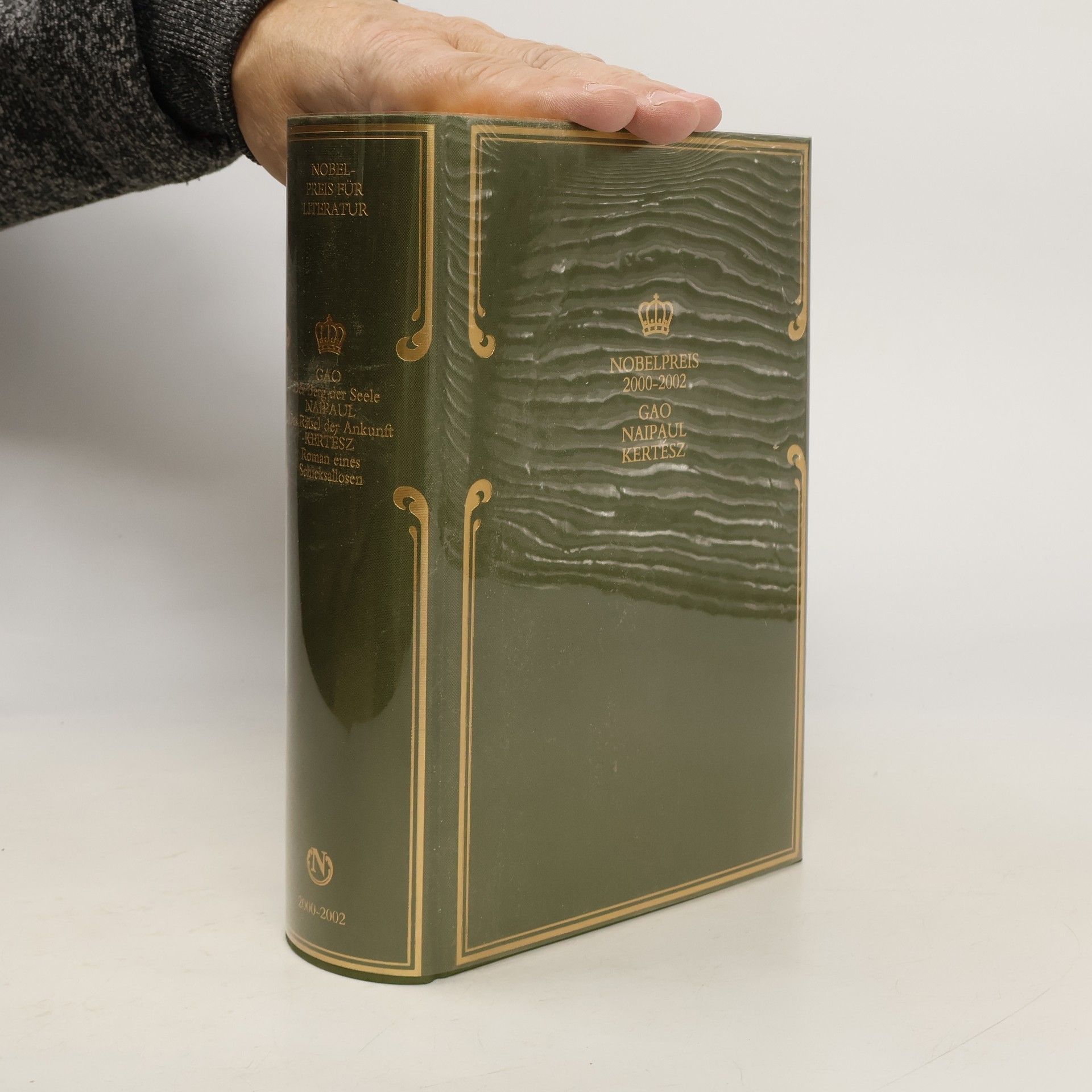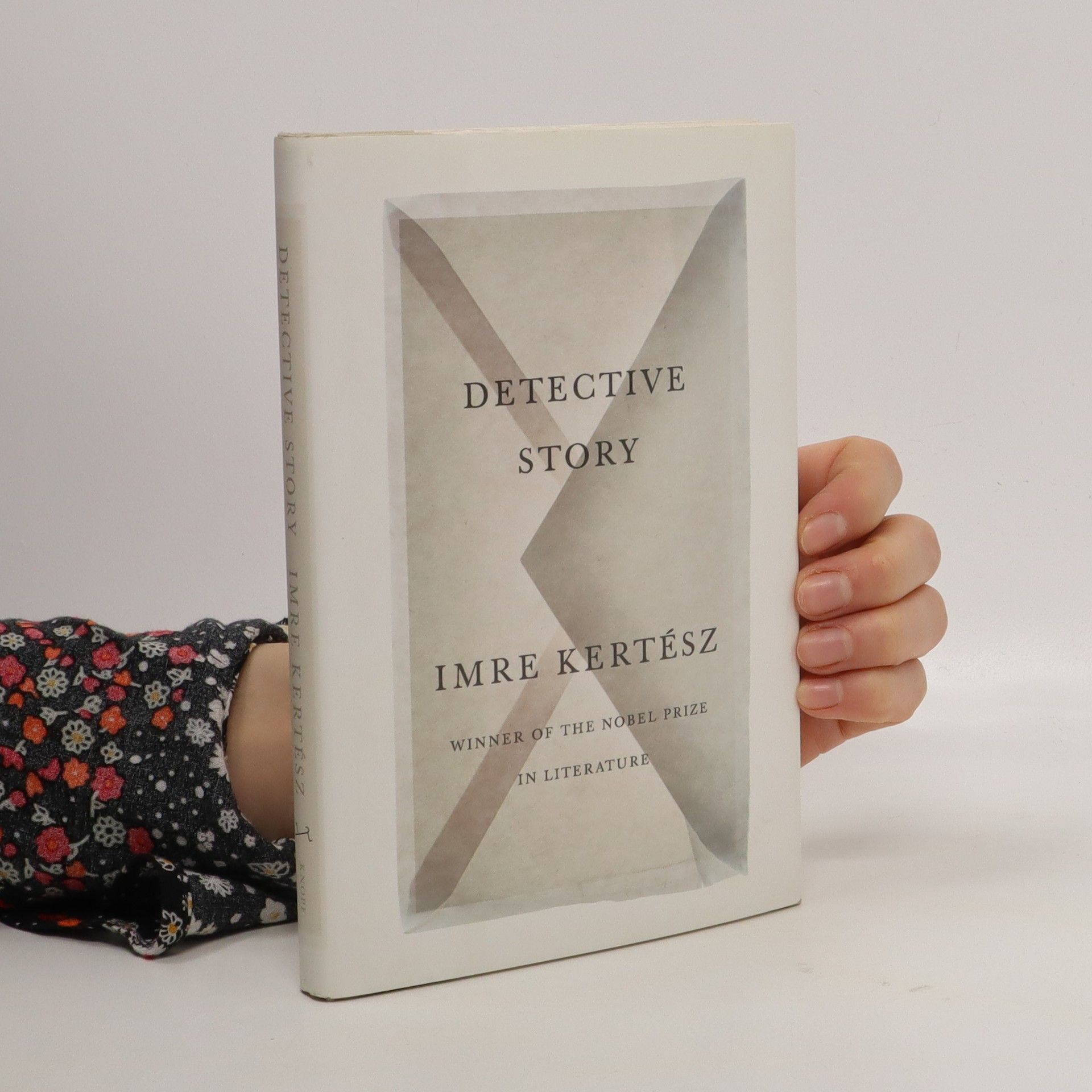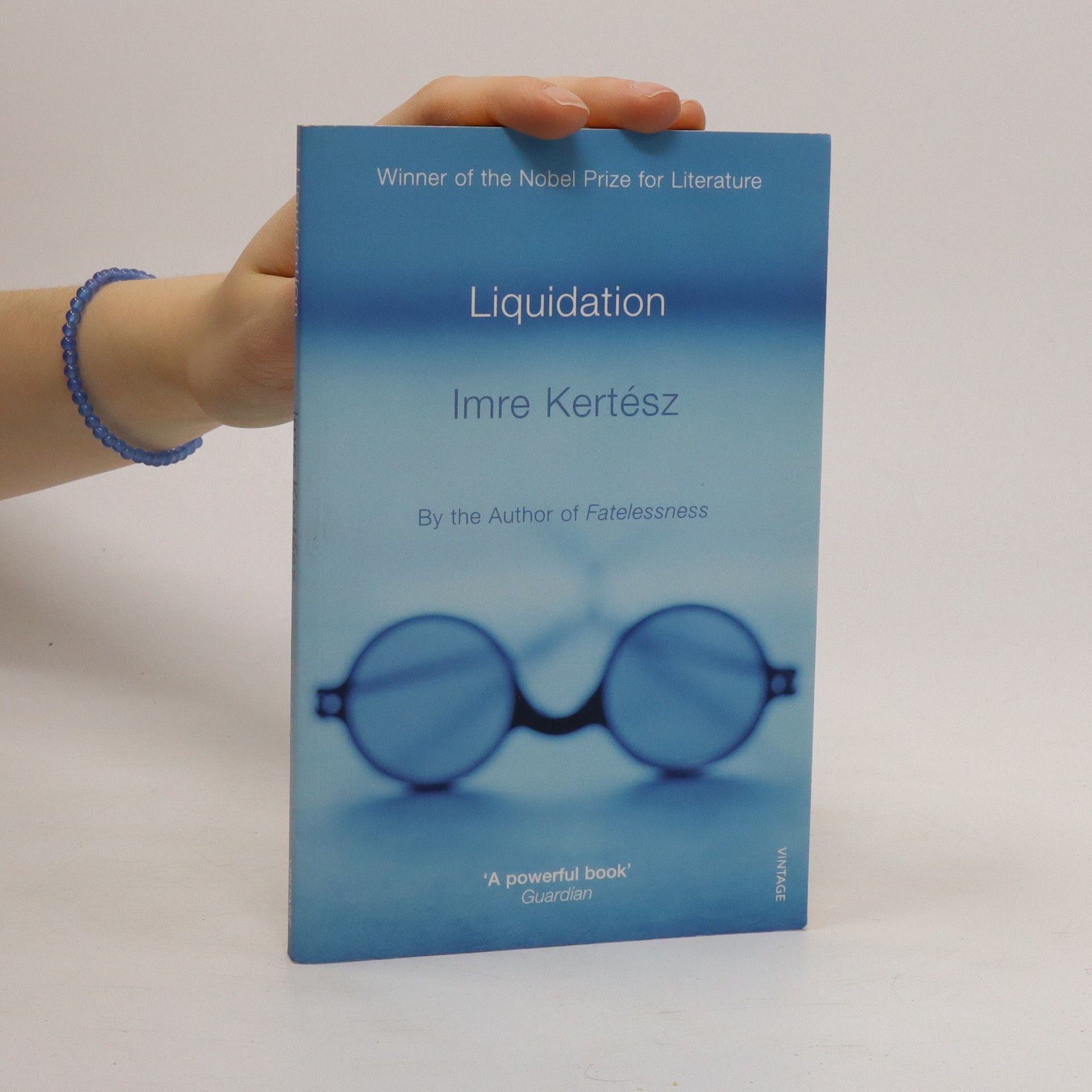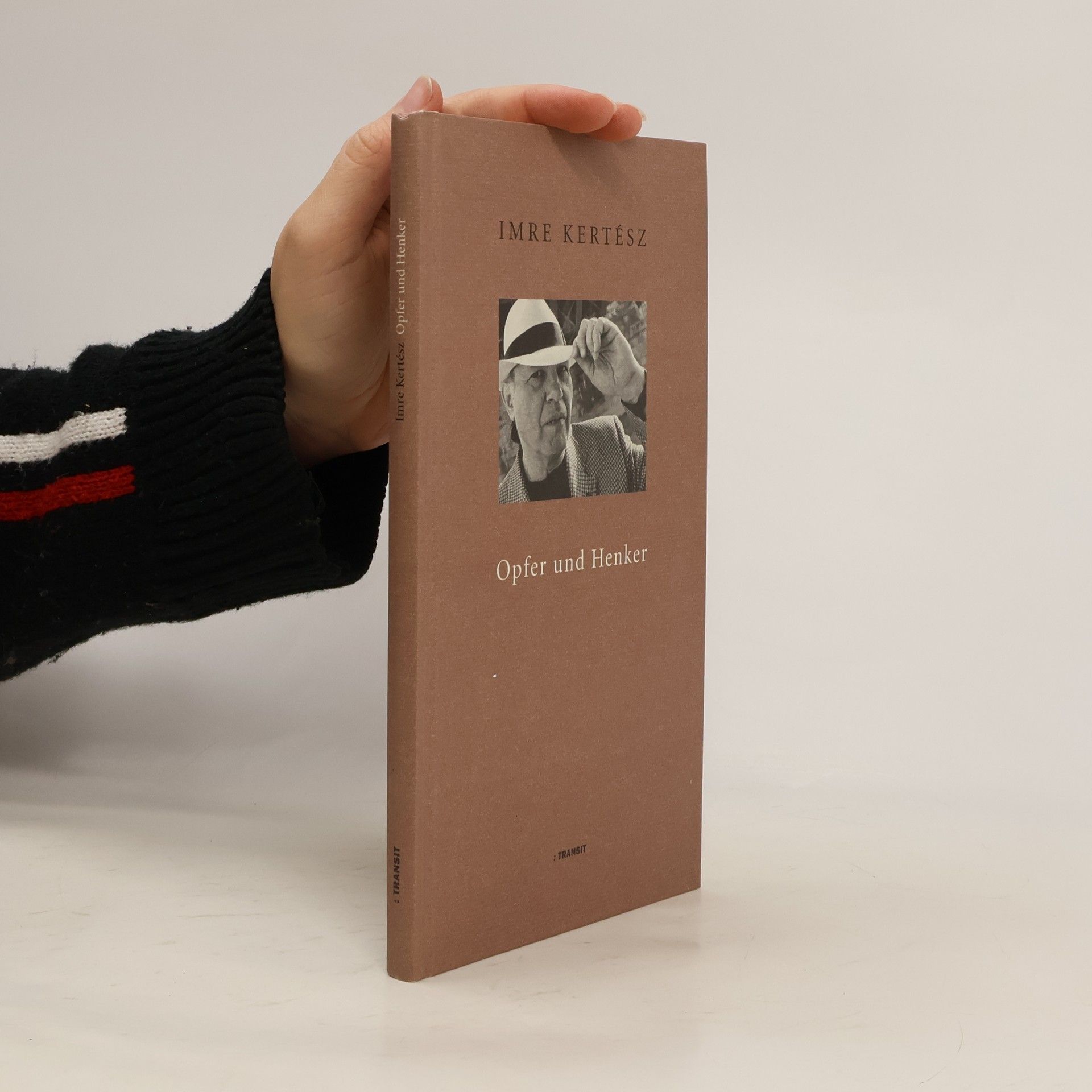Essere senza destino
- 223pagine
- 8 ore di lettura
SINOSSI Gyurka non ha ancora compiuto quindici anni, quando una sera deve salutare ilpadre costretto a partire per l'Arbeitsdienst. Alla domanda perché agli ebreivenga riservato un simile trattamento, il ragazzo rifiuta di condividere larisposta religiosa, "questo è il volere di Dio". Perché dovrebbe esserci unsenso in tutto questo? Poco dopo Gyurka viene arruolato al lavoro forzatopresso la Shell, e da lì, un giorno, senza spiegazione, viene costretto apartire per la Germania. La voglia di crescere, di vedere e imparare,l'impulso vitale di questo ragazzo sono così marcati e prorompenti, che la sua"ratio" trova sempre una buona ragione perché le cose avvengano proprio inquel modo e non in un altro.









